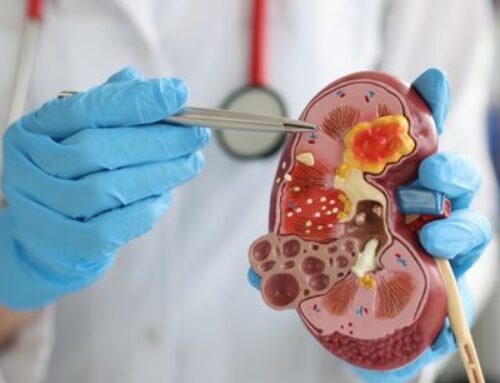
Blood pressure is determined by the amount of blood pumped by your heart and the resistance to blood flow in your arteries. As the heart pumps more blood through your narrow arteries blood pressure builds, becoming higher than normal. This exposes you to the risk of serious health complications such as heart attack and stroke.
While blood pressure can be easily detected, it can for years without being detected. Read on to learn more about the signs and symptoms and how a nephrologist can help treat hypertension.
What Are the Signs and Symptoms?
Most people tend not to display any signs or symptoms even when the blood pressure is extremely high. But some signs and symptoms include:
- Severe headache
- Blood in the urine
- Nosebleed
- Blurry vision
- Fatigue and confusion
- Chest pain
- Difficulty breathing, and
- Arrhythmia or irregular heartbeat.
There are other signs and symptoms of high blood pressure that can occur. These include:
- Dizziness
- Sleeplessness
- Facial flushing
- Over-sweating
- Blood spots in the eyes, and
- Occasional nervousness.
In case you see or experience any of these signs and symptoms, it is time to see a doctor to avoid severe health implications.
What Are the Causes?
There are 2 types of hypertension, primary and secondary, depending on the causes. Primary hypertension mostly develops with age.
Secondary hypertension on the other hand is caused by some medication and diseases such as:
- Kidney disease
- Adrenal gland tumors
- Thyroid problems
- Congenital defects
- Medications such as birth control pills and OTC pain relievers
- Illegal drugs, such as cocaine and heroin, and
- Obstructive sleep apnea.
How Can a Nephrologist Help Treat Hypertension?
You can treat and manage high blood pressure by adjusting your lifestyle or taking appropriate medication. Once you visit the health center, a nephrologist diagnoses you and comes up with the best treatment plan for your condition. He or she might recommend medication, which can be more than one type, to help treat high blood pressure.
A nephrologist helps restore your high blood pressure back to normal while continuously monitoring any kidney injury resulting from your condition. Nephrologists will help with and prevent renal hypertension that puts you at the risk of kidney failure.




